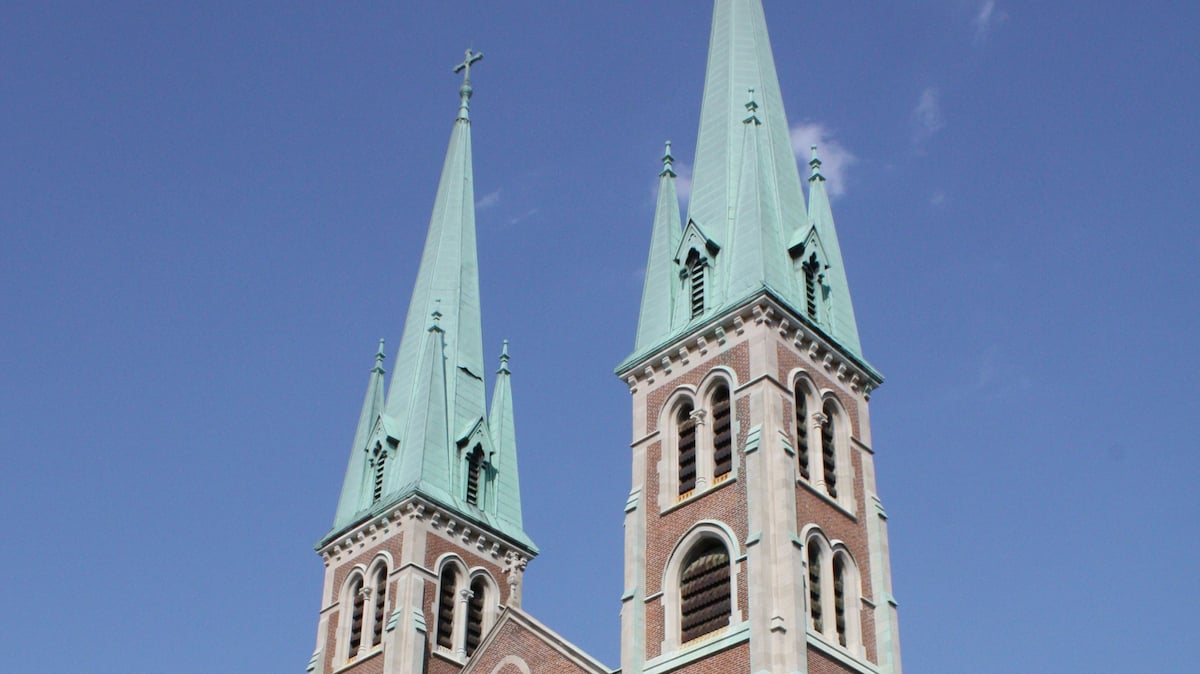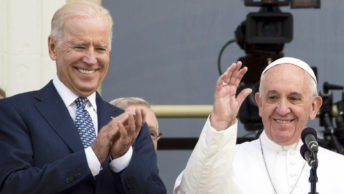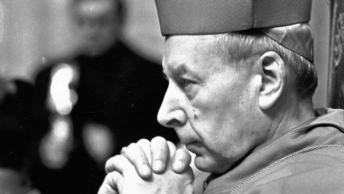All of us are aware of the closings of Catholic churches around the country. There are four main reasons why this tragedy has occurred.
Sometimes a church will close because the neighborhood has changed dramatically, forcing many parishioners to move for security reasons. With dwindling numbers, collections collapse, and the church cannot pay its bills. Eventually, the diocese will have no option but to sell the building.
Another reason a church closes is because many people no longer see the need to attend. This is particularly widespread among millennials, but other demographic groups are also included. Each year more and more of them decide that church attendance is unnecessary, either because they believe everyone goes to heaven anyway or because they have been convinced that belief in God is a silly superstition. Either way, attendance decreases.
A third major cause of church closings is poor catechetics. People have no idea what the Church teaches or why. Some churches teach one thing, and some teach something else. Confusion reigns supreme. After a while, parishioners just throw up their hands and decide to forget the whole thing.
And, of course, the homosexual scandal within the church has done enormous damage. Despite the overwhelming number of moral priests and bishops, the media have created a narrative that child abuse is still rampant. Either through genuine shock or as an excuse to avoid Catholic discipline, many people simply leave their church and stay home or join a Protestant denomination.
All of this is very dispiriting, and it’s hard not to despair. We wonder if there is any way for the Church to stop the bleeding and bring people back. I believe there is, and I would like to offer a modest prescription for resurrecting dying churches.
First, orthodoxy, orthodoxy, orthodoxy. The pastor of a church must clearly tell the people that he will never teach or promote anything that is not absolutely faithful to the Magisterium of the Church. Heretical priests or lay people will have no forum to spread poison to the people. Those who have a formal position in the church, such as readers, Extraordinary Ministers of Communion, or catechists, will be required to adhere to Catholic teaching and live an orthodox Catholic life, or they will be removed.
Second, the pastor and any associate priests must live a Christ-like life that is apparent to all. St. Paul said it best: “Now a bishop [priest] must be above reproach . . . temperate, sensible, dignified, hospitable, an apt teacher, no drunkard, not violent but gentle, not quarrelsome, and no lover of money.” (I Timothy 3:2,3) A priest should never be more comfortable at a local tavern than in the confessional. He is called to be different. Why would a young man consider the priesthood if he has no role model to emulate?
Third, the pastor must educate his people to know their faith and how to defend it against attacks. Catholics are notorious for not knowing what and why the Church believes what it does. I attend a church where the pastor and his assistant spent an entire year of weekend Masses explaining Church teachings found in the Catechism. For any priest to do likewise would take a lot of preparation, but the benefits would outweigh the cost. Religious Education classes must be taught by competent, devout Catholics, and pastors should also offer adult programs and invite knowledgeable, solid Catholic speakers to both inform and inspire the faithful.
Another aspect of educating the people is to use daily readings to highlight the differences between Catholic and Protestant theology. Nearly every day a priest can find a verse that helps to explain a Catholic doctrine rejected by Protestants. How easy it would be to point out the verse, explain how if confirms Catholic doctrine, and then move on with the rest of the homily. Over time, parishioners would have a better chance of refuting Protestants attacks on Church teaching. In addition, parishioners might be moved to attend an apologetics course offered at the church.
Last, a priest must make sure that the Mass is a truly sacred event. Every bodily movement, every hand gesture, and every word must be dignified and an enhancement to the re-presentation of Christ’s sacrifice on the cross. Each homily should be prepared ahead of time with a clear purpose and presentation. Of course, there can be a light moment during a homily, but it must never be turned into a comedy skit. And churches must stop allowing young girls to be altar servers. If we want more priests, let’s start with young boys exclusively on the altar.
In addition, the sacredness of the Mass could be greatly improved by ending Communion in the hand. With rare exceptions, Communion in the hand is received in a lazy, slipshod, irreverent manner. There is no sense that communicants are receiving the actual body, blood, soul and divinity of Jesus Christ. Sadly, it has become a habit without meaning.
I am sure our readers have additional ideas for reviving Catholic churches, and we encourage them to share their thoughts with us. The current situation can be very frustrating. But with God and his Church, there is always hope.








